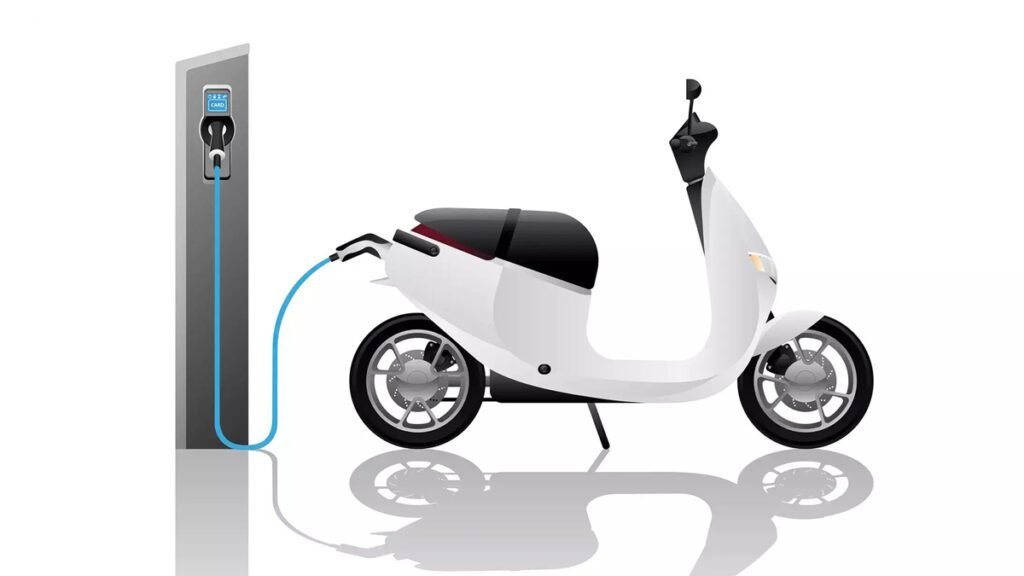According to the Society of Manufacturers of Electric Vehicles (SMEV), seven electric two-wheeler companies in India have incurred a collective loss of over 9,000 crores as a result of unpaid debts and market losses after their subsidies were terminated last year. Hero Electric, Okinawa Autotech, Ampere EV, Revolt Motors, Benling India, Amo Mobility, and Lohia Auto are among the companies that have been impacted. The government has ordered these businesses to pay back the subsidies they got and is requesting a return from them.
The combined damages to these enterprises, according to a preliminary audit performed by SMEV’s chartered accountants, could exceed 9,000 crores. Included in this are unpaid fees, interest charges, debts, diminished market share, diminished reputation, capital costs, and future recapitalization. Since some businesses would never recover and others might be forced to close, SMEV has emphasised the urgent need for a solution.

The rising losses of these original equipment manufacturers (OEMs) have drawn the attention of SMEV Chief Evangelist Sanjay Kaul. He emphasised the irony that losses already amount to approximately the same amount while the industry is discussing investments of USD 1 billion in the Indian EV sector. Kaul has requested in a letter to Union Minister Mahendra Nath Pandey that the Ministry of Heavy Industries establish a Sinking Fund to provide lenient loans, grants, or other measures to save these OEMs that are in danger of going out of business.
What has SMEV found out about the loss?
Following a government inquiry, it was discovered that these businesses had taken advantage of the program’s economic benefits by breaking the rules. The plan called for the use of ‘Made in India’ components, but it was discovered that these businesses had reportedly used imported ones. Following the probe, subsidies that were supposed to support domestic production and India’s EV industry were postponed for a year.
The scheme’s incentives are largely applicable to registered commercial electric three- and four-wheelers and public transport. Private automobiles are the main focus of the two-wheeler market. In order to promote electric and hybrid vehicles in India, the FAME-II scheme, worth 10,000 crore, was introduced in 2019.